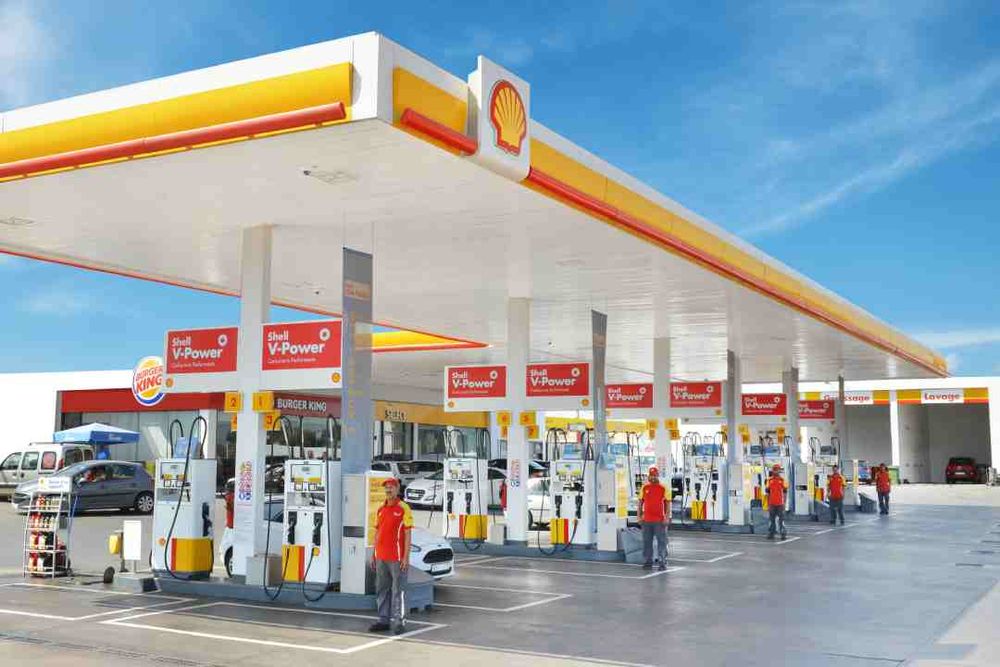In late August and early September 2025, customers at private fuel stations like Shell and BP-AKR in Indonesia faced empty pumps. Many drivers were turned away because popular fuels such as Shell Super, Shell V-Power, BP Ultimate, and BP 92 were simply unavailable. The key issue behind this disruption: the fuel import permit change imposed by the government. This article explores how that policy shift triggered these shortages, how industry players and regulators responded, and what it means for future fuel supply and regulation in Indonesia.
Fuel Import Permit Change Explained
At the heart of the problem lies the fuel import permit change. Previously, private fuel importers operated under annual import permits. Starting in 2025, the Ministry of Energy and Mineral Resources reduced that permit cycle to just six months, with regular evaluations every three months. That may sound like improved oversight, but it created significant logistical and operational hurdles.
Industry experts pointed out that private stations like Shell and BP were not prepared to adapt so quickly. Their procurement, shipping schedules, and distribution chains were all aligned with annual permit cycles. Now, with only half-year permits and a need to recalibrate every quarter, the resulting delay and disruption led to shortages, not a surge in demand. Logistics costs and equipment resets became inevitable, triggering the fuel crisis that hit consumers across major cities.
Government Response and Permitting Adjustments
The government did take steps to ease the situation. They increased the fuel import quota for private firms by 10 percent over 2024 levels. That seems significant, but the shortage persisted despite this upgrade, indicating that the bottleneck was not just quota size.
Deputy Minister Yuliot Tanjung emphasized that the shortage was not due to permits. He noted that the Ministry of Energy and Mineral Resources, together with its Directorate General of Oil and Gas, was actively coordinating to resolve the issue. In addition, he recommended that private stations purchase fuel from Pertamina’s refineries if their supplies ran low.
Furthermore, reports confirmed that Shell and BP were coordinating with authorities to restore supply. Shell stations continued to sell diesel products like Shell V-Power Diesel and non-fuel services, while telling customers to monitor availability via their website. BP stations also kept their shops and workshops open, even while gasoline pumps stood idle.
Broader Context and Technical Challenges
Beyond regulatory shifts, there were technical and operational challenges behind the shortage. In earlier cases, delays in fuel tanker shipments and logistical difficulties had also caused temporary scarcity in private stations. In February 2025, for example, the import permit had been issued, but technical issues stranded fuel shipments, causing delays in distribution.
In this recent episode, even with the updated quotas and permit adjustments, the combination of altered permission cycles, quarter-based evaluations, and stuck logistics created a perfect storm. Instead of flow, there was friction, resulting in empty tanks at Shell and BP outlets.
What This Means Going Forward
These shortages highlight several critical takeaways:
- Regulatory stability matters: Frequent changes to permit duration—especially without alignment with supply chain timelines—can lead to unintended disruptions. Returning to annual permits, or ensuring phased adaptation, could significantly improve consistency.
- Coordination is key: The government's approach to encourage private stations to buy from Pertamina is practical, but integrating logistics, specifications, and brand identity remains challenging. Fuel blends are unique, and swapping them may harm brand image.
- Transparent communication helps calm consumers: Shell and BP stations that continued to serve diesel and post notifications on availability reduced public frustration. Offering EV charging, workshops, and including updates online helps maintain trust even if fuel options are limited.
- Infrastructure resilience matters: Having a clear logistics chain, including tanker schedules, storage buffers, and contingency partnerships, ensures that permit shifts or technical issues don’t immediately result in empty pumps.
- Policy should match industry realities: Reforming permit cycles may improve oversight, but it must be matched with industry input and operational capabilities. In this case, what might have been intended as flexibility turned into a constraint.
Conclusion
The fuel import permit change of 2025 triggered unintended shortages at private fuel stations like Shell and BP in Indonesia. Even with increased quotas and regulatory adjustments, the combination of truncated permit timelines, logistical mismatches, and technical delays led to empty fuel pumps and customer inconvenience. The episode underscores the importance of aligning regulation with supply chain realities, building infrastructure and contingency plans, and maintaining clear communication with the public. Moving forward, regulators and industry players must collaborate to restore stable, reliable fuel availability, while ensuring policy changes do not inadvertently disrupt essential services.
Read More






 Monday, 26-01-26
Monday, 26-01-26







